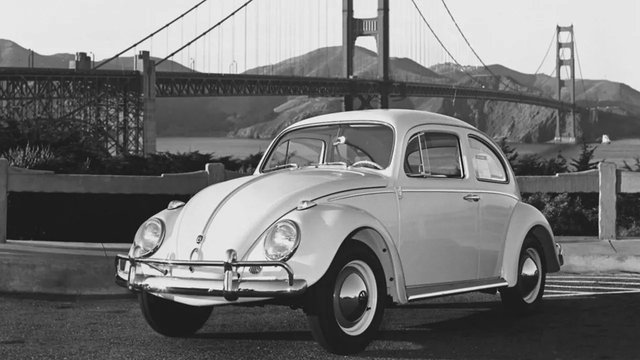
On this day, 19th January in 1978, the very last Volkswagen Beetle rolled off the production line in Germany, the birthplace of the iconic car.

The Volkswagen Beetle, one of the most iconic cars in automotive history, began as a vision for an affordable, practical vehicle for the masses. Originally conceptualized in the 1930s by Ferdinand Porsche under the directive of Adolf Hitler, the car was intended to serve as the "people's car" (Volkswagen in German). Official production of the Beetle began in 1938 at a purpose-built factory in Wolfsburg, Germany, but World War II interrupted large-scale manufacturing, and the factory shifted to military production.
After the war, the British army revived the factory, and the Beetle became a symbol of Germany's post-war recovery. Its distinctive rounded shape and air-cooled, rear-mounted engine made it both unique and functional. The car gained popularity worldwide, especially in the United States during the 1950s and 1960s, where it became a cultural icon associated with the counterculture movement. Its affordability, reliability, and charm ensured its place in automotive history.
The last original Volkswagen Beetle produced in Germany rolled off the assembly line on January 19, 1978, marking the end of an era in its homeland. Production then shifted to other locations, with Mexico becoming the primary producer. The Beetle's legacy continued through various iterations, including the "New Beetle" introduced in the late 1990s, blending retro styling with modern technology. While production officially ended in 2019, the Beetle remains a beloved symbol of design ingenuity and cultural significance.
Downvoting a post can decrease pending rewards and make it less visible. Common reasons:
Submit